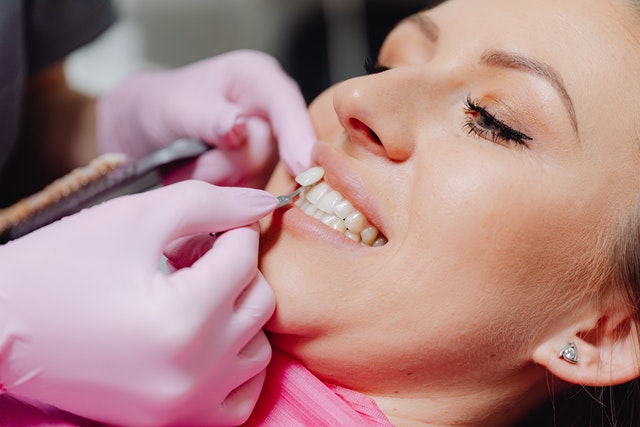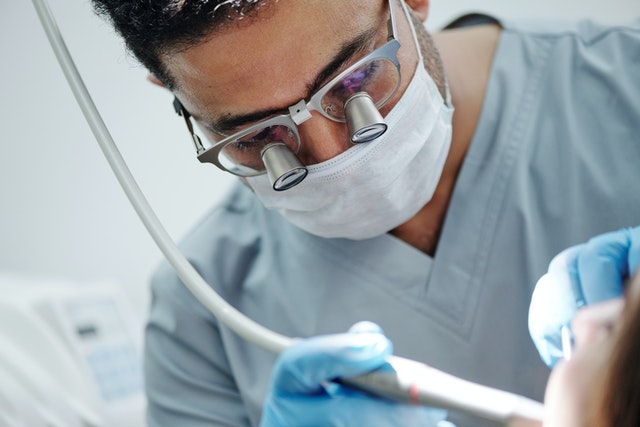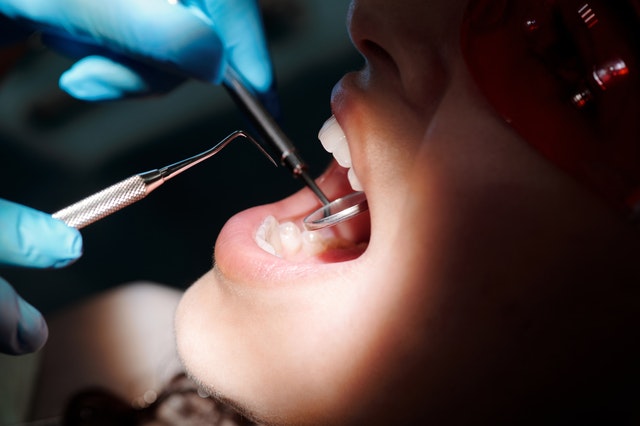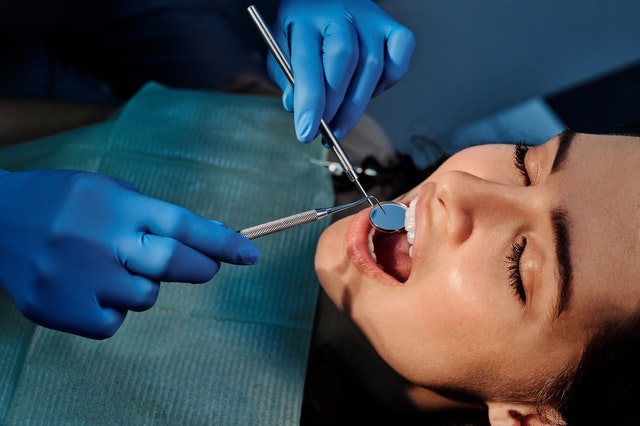 Wisdom teeth are the last set of teeth to erupt. They usually start developing at around the age of 10 years but generally emerge between ages 17 and 21 years. However, wisdom teeth do not serve a specific function, and some people never develop them.
Wisdom teeth are the last set of teeth to erupt. They usually start developing at around the age of 10 years but generally emerge between ages 17 and 21 years. However, wisdom teeth do not serve a specific function, and some people never develop them.
Why do wisdom teeth need to be removed?
Wisdom teeth can become stuck beneath the gum line, causing them to grow at an odd angle. A wisdom tooth that does not erupt upright is referred to as an impacted tooth. Impacted teeth can significantly affect your oral health. Pain, cysts, gum disease, extreme tooth decay, and repeated infection in the gums are complications that can arise from impacted wisdom teeth. Wisdom teeth can also cause overcrowding and overlapping of teeth. However, the decision to remove wisdom teeth may not always be clear. Ultimately, an assessment must be done by a dentist who can then recommend the best course of treatment.
Myths about wisdom teeth removal
- Your wisdom teeth must be removed. It is a common myth that wisdom teeth removal is always necessary. Not everyone will require wisdom tooth extraction. Your dentist will only recommend removal if your wisdom teeth pose a problem to your oral health.
- Wisdom teeth removal is painful. Another common myth is that wisdom teeth removal is an excruciating process. Before your procedure, your dental surgeon will administer sedatives that will help make the process pain-free.
- Wisdom teeth extraction is dangerous. Wisdom teeth extraction is a surgical procedure, and with any surgery, there are associated risks. However, wisdom teeth extraction is a common procedure that has relatively low risks.
- Dry sockets are very common with wisdom teeth extraction. A dry socket occurs when a blood clot fails to form after extraction, or the clot becomes dislodged before the wound is healed. Dry sockets can be very painful. While they can occur, only about 5 percent of patients develop dry sockets after an extraction. Factors such as poor oral health, a habit of smoking, and drinking from a straw after your extraction can increase your chances of developing a dry socket.
- Wisdom teeth must be removed before orthodontic work. Wisdom teeth can cause other teeth to shift and become crooked. Many patients opt for orthodontic work as a result. Some believe that all wisdom teeth have to be removed before orthodontic work. However, this isn’t true. Your orthodontic work can begin before removing your wisdom teeth.
- Wisdom teeth extraction does not affect the health of your remaining teeth. According to studies conducted by the American Journal of Public Health, wisdom teeth removal can improve the health of adjacent teeth 9 out of 10 times.
- Early removal isn’t better. As you get older, the roots of your teeth become fully implanted, and as a result, extraction is more difficult. At a younger age, an extraction is less challenging because the bone surrounding teeth are softer and roots are not completely implanted. There is also a lower risk of damaging nearby teeth and nerves, and recovery time is shorter, given the reduced risks.
Finding the right dentist in Klamath Falls
If your wisdom teeth are negatively affecting your oral health, visiting the dentist regularly can ensure timely removal. Even if your wisdom teeth are not causing problems, regular dental visits are essential for keeping them healthy.
Are you searching for a dentist in Klamath Falls? Visit us at Klamath Smiles. Our capable team is committed to providing clients with the best possible dental care. Let us help you achieve a healthy, beautiful smile. Call or visit our website to schedule an appointment today.




